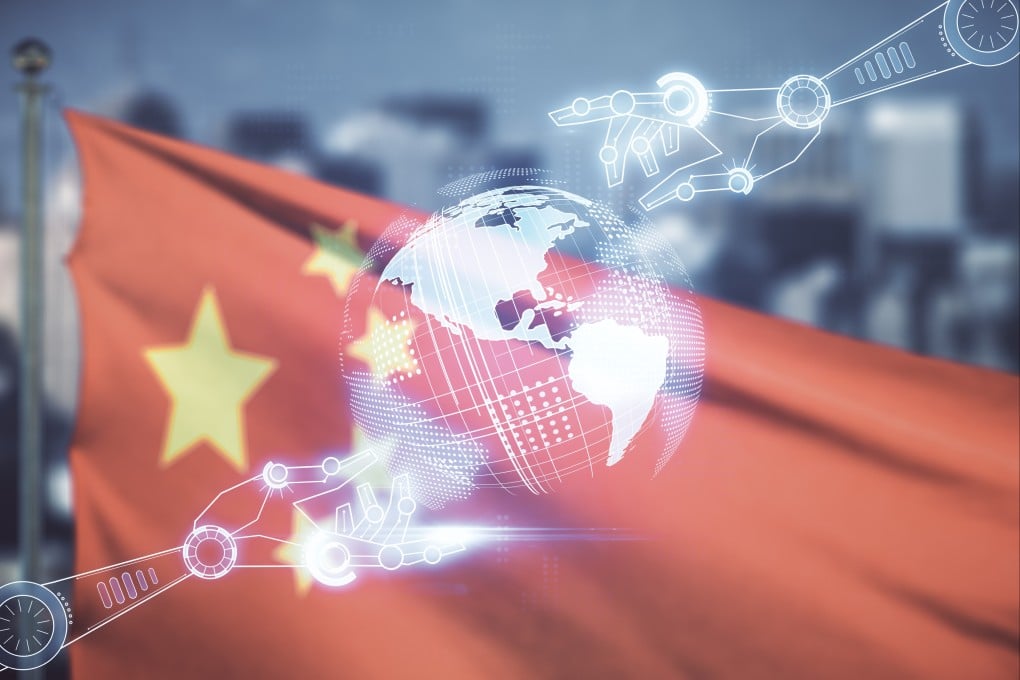Advertisement
Opinion | China’s tech companies navigate rough seas amid rising geopolitical tensions, slowing growth at home
- Chinese tech firms Hikvision, DJI and Xiaomi are facing mounting pressure in major overseas markets
- The stakes have never been higher for Chinese tech firms to expand overseas because of market saturation and slowing growth on the mainland
Reading Time:2 minutes
Why you can trust SCMP
1

Chinese technology companies have had to confront a barrage of negative headlines over the past few weeks that could impact their operations overseas.
The US government is said to have plans to impose fresh sanctions on Hangzhou-based surveillance camera maker Hikvision Digital Technology Co for its alleged involvement in human rights violations in China’s Muslim-majority Xinjiang region, according to a report last Thursday.
While that report was neither confirmed nor denied by American authorities, it fired the latest salvo in the simmering US-China tech war. Imposing further sanctions on Hikvision, which has been under a US trade blacklist since October 2019, would set a dangerous precedent that could lead to similar actions against other Chinese tech firms.
Advertisement
On April 26, Chinese drone maker DJI Technology Co said it will temporarily suspend all business activities in Russia and Ukraine after an internal assessment of “compliance requirements in various jurisdictions”. That came as a reminder of the fallacy that Chinese tech products and services can replace what the West offers in Russia, which has been hit by trade sanctions after invading Ukraine on February 24.
There is little choice for Chinese tech firms but to reduce, or even cease, their operations in Russia amid the risk of also being slapped with sanctions.
Advertisement
Advertisement
Select Voice
Choose your listening speed
Get through articles 2x faster
1.25x
250 WPM
Slow
Average
Fast
1.25x
